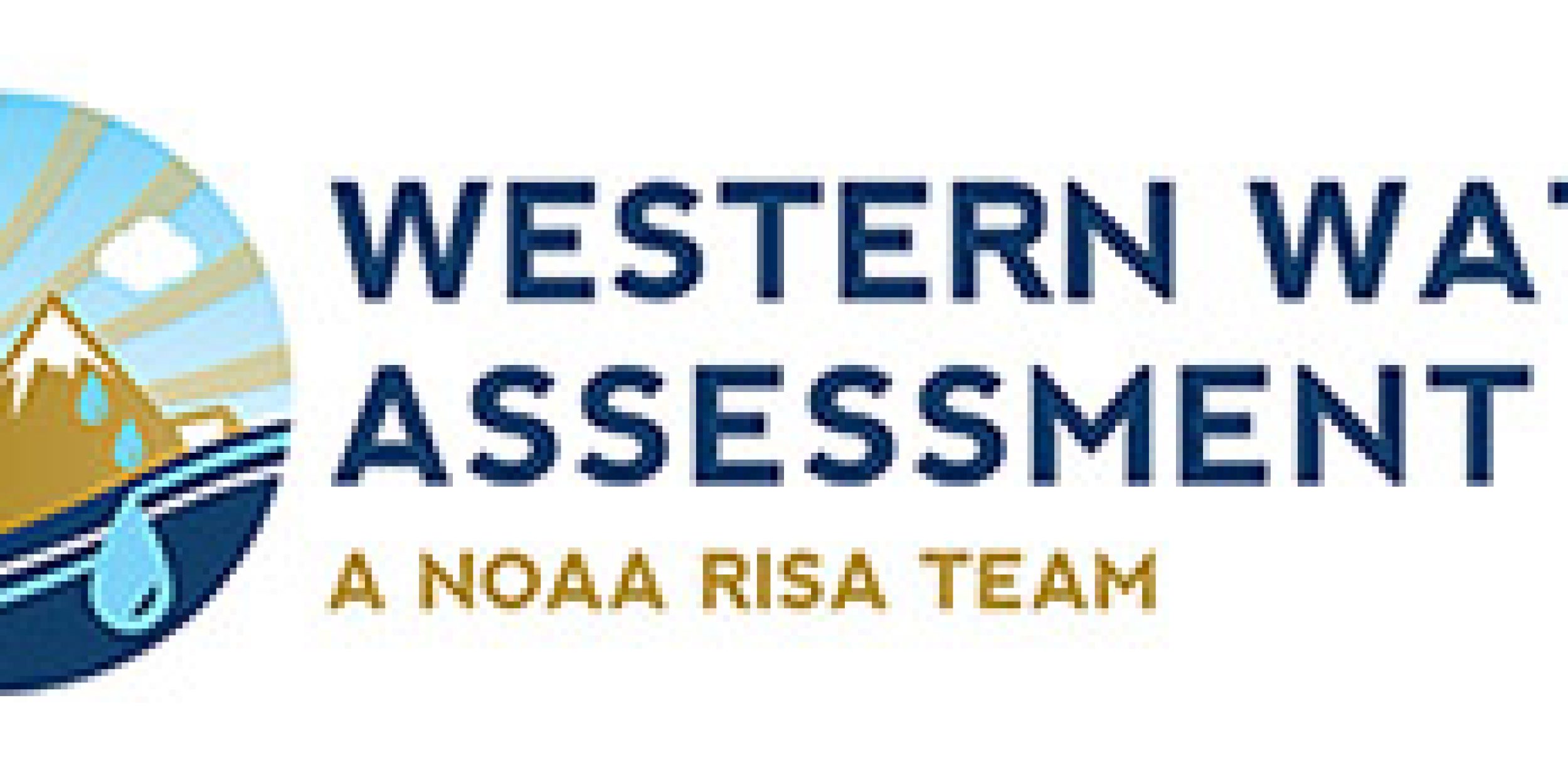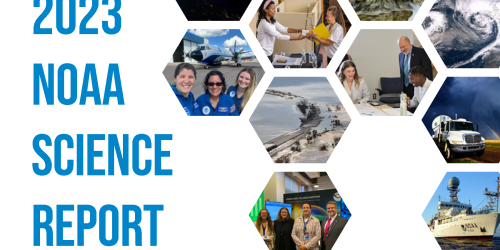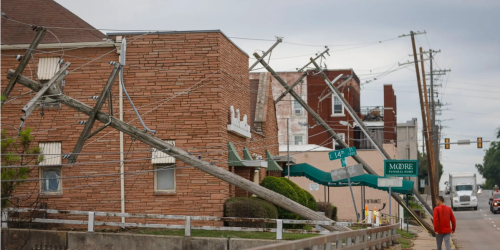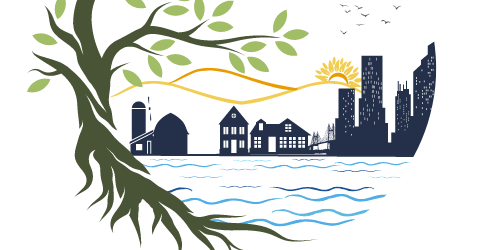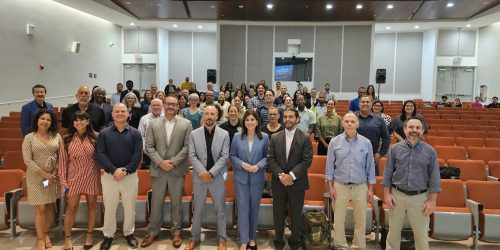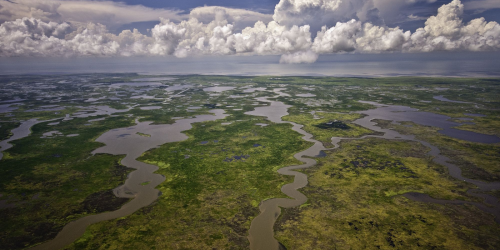

The study examines how local and place-specific perceptions and knowledge might shape the acceptance of climate services. For climate services to be useful to stakeholder adaptation, information needs to be deemed credible, legitimate, and salient. Many factors shape how stakeholders assess new information and this study focuses on local salience, or more generally the overall importance of information to decision makers. One overarching implication is that the salience of climate services can be improved by understanding and incorporating local knowledge and perception. Another implication is that typical user needs surveys may not always reveal nuances of climate impacts and sensitivities in a region, nor resolve mismatches between climate science products and user needs. Open-ended interviews allow for a much richer understanding of information needs. The interview findings in this study highlight the importance of working to understand the nuances, complexities, and dynamics of user perceptions. A two-pronged approach that first works to understand the local perceptions and knowledge of climate and then works to incorporate the key insights and themes in design of climate services, could help get at such climate nuances.
The authors note that local climate knowledge can be gained from social science approaches such as those applied in their study. Their interviews also suggest that local, context specific efforts, involving just a few stakeholders, could reveal the key climate and resource themes that mark a place, such as the pervasive hydrological dimensions of climate sensitivity in the Upper Gunnison Basin, and thus point to particular information needs that might not be part of a generic climate services template.


